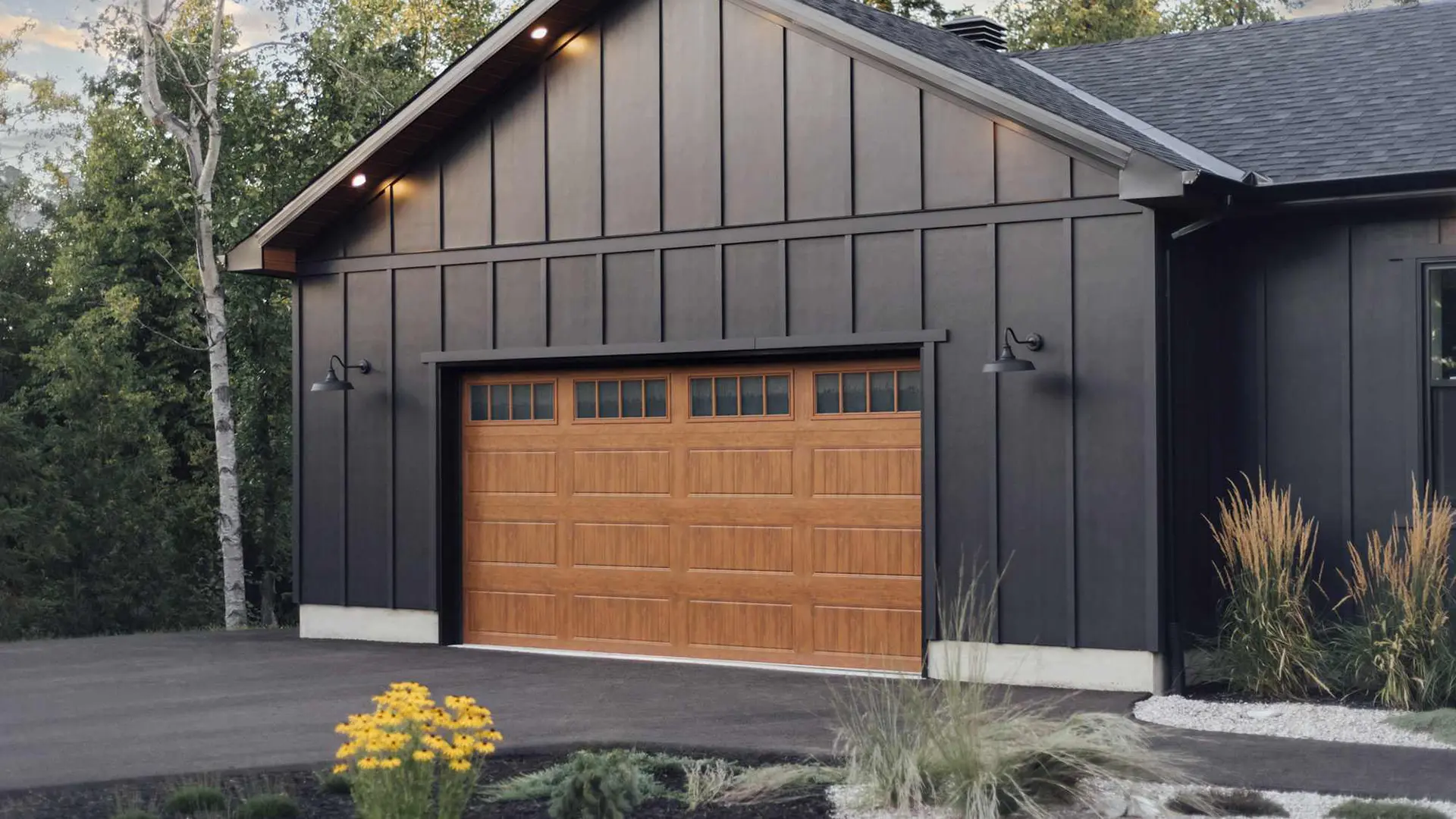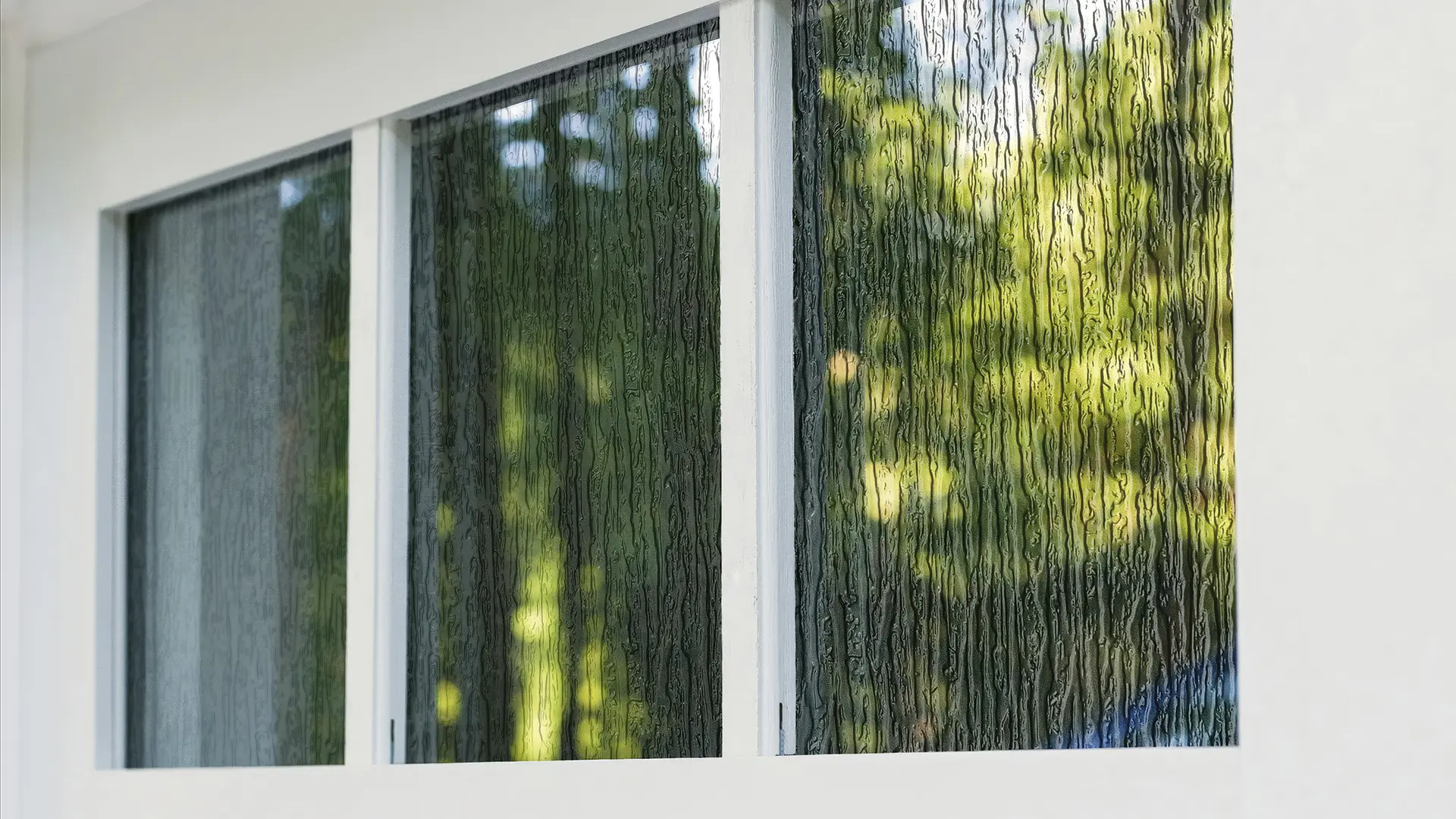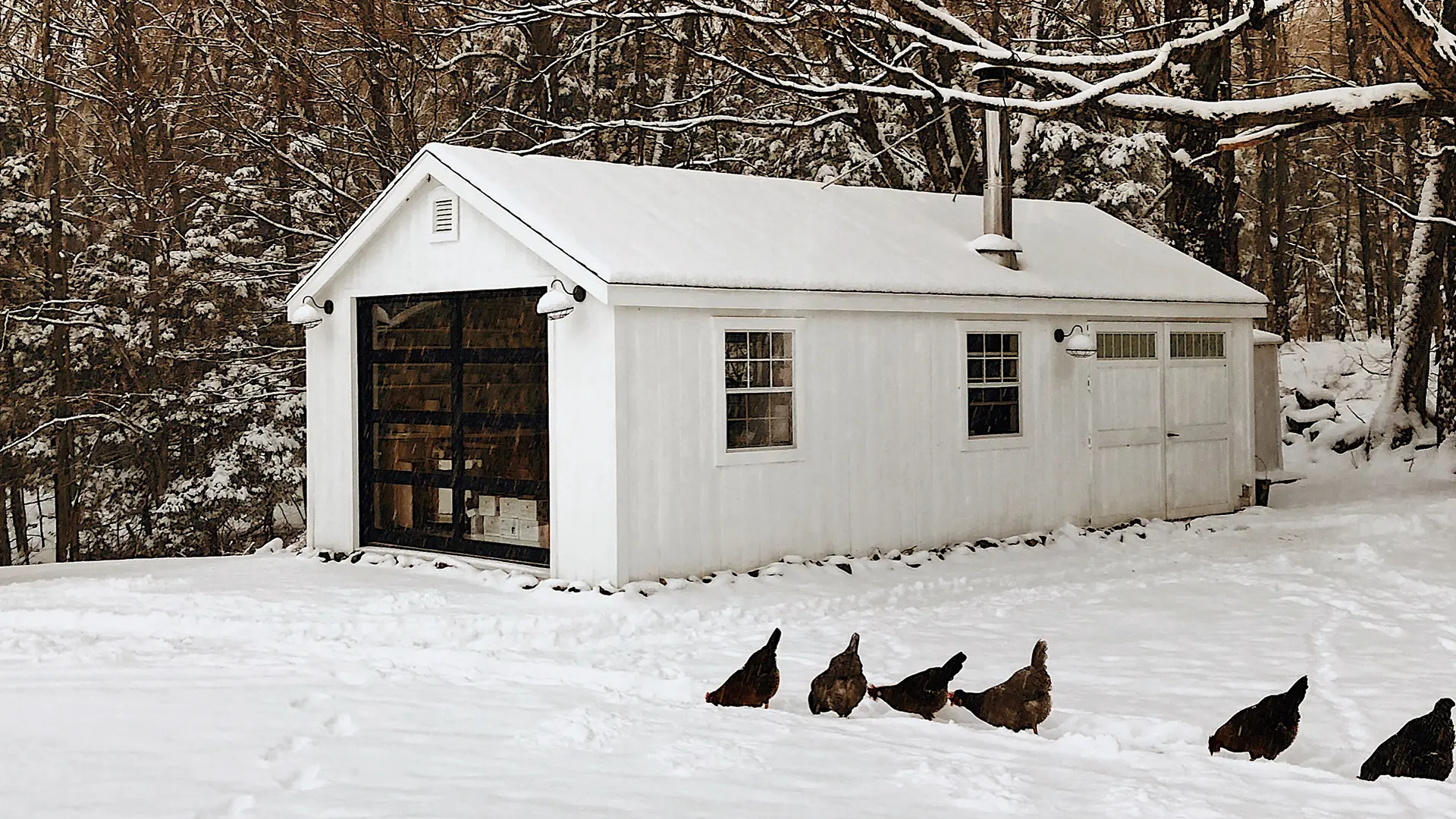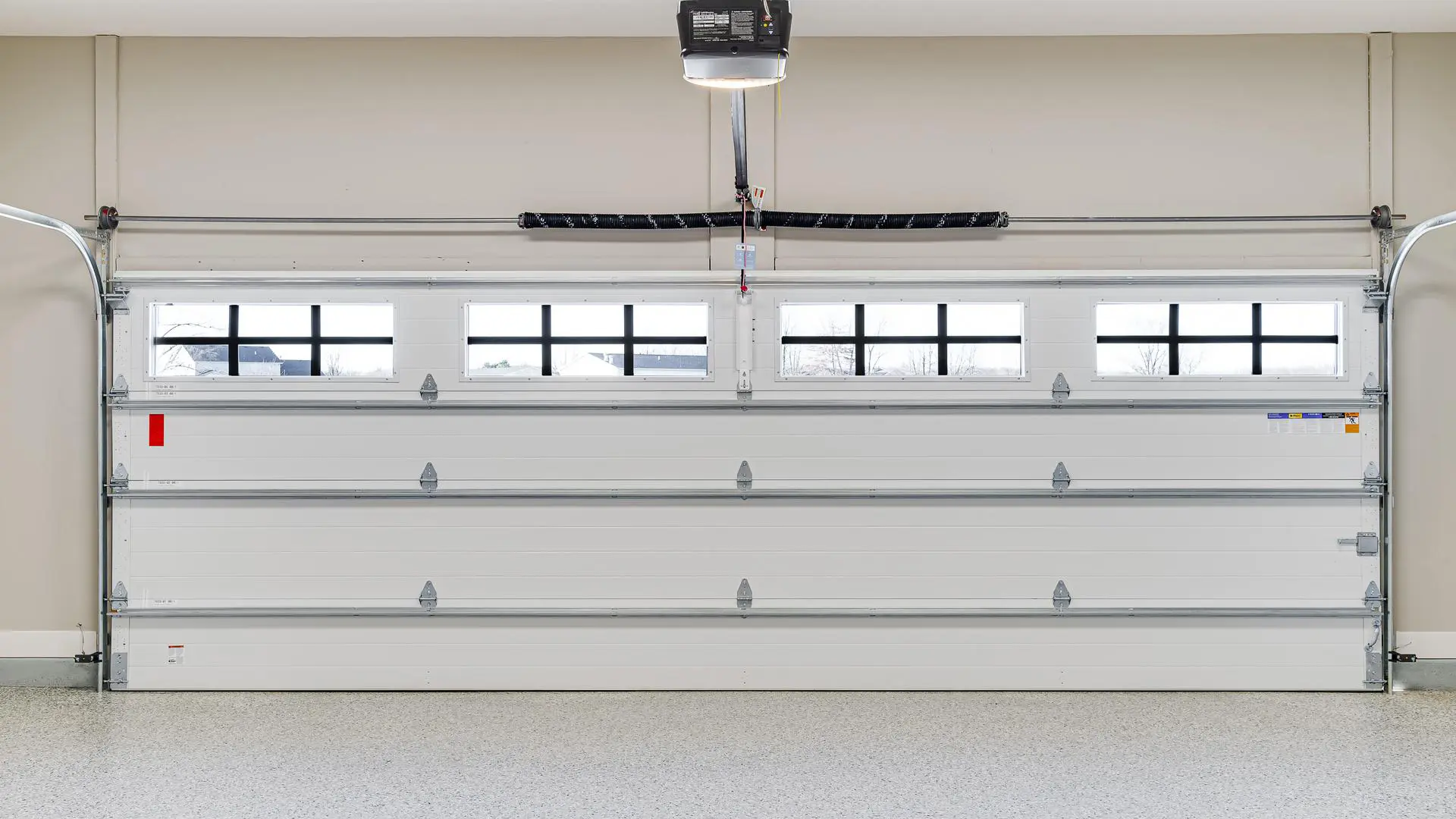Get your garage door ready for fall with these essential tips to improve safety, efficiency, and protect your home from seasonal elements.
The Importance of Garage Door Seasonal Maintenance
Some common garage door problems caused by changing temperatures include:
- Worn Weatherstripping: The rubber or vinyl weatherstripping around the garage door can become brittle and crack in the cold, reducing its effectiveness in keeping out drafts and moisture.
- Rust or Corrosion: Metal components, such as springs, hinges, and tracks, are prone to rust and corrosion in damp, cold conditions. This can weaken the parts and lead to operational issues.
- Slow or Unresponsive Operation: Cold temperatures can cause the lubricants used in the garage door's moving parts to thicken, resulting in a sluggish or sticking door.
- Misaligned or Off-Balance Doors: The contraction of materials in the cold can sometimes cause the door to become imbalanced and make unusual noises.
- Broken Springs: Garage door springs can break in colder temps because the metal becomes brittle.
- Electrical Issues: Colder temperatures can affect the battery life of automatic remotes and keypads.
If you haven’t had your garage door serviced recently or notice it’s not opening and closing as smoothly as it used to, the fall is a good time to have it checked and get in front of any issues before they become a major inconvenience or even a costly repair.
Essential Steps to Winterize Your Garage Door
Weatherproofing Tips
Seal gaps and cracks to prevent drafts. The rubber or vinyl weather seal on the bottom of the door keeps air, water and pests from coming into the garage. When it tears or ages it becomes an inconvenience that interferes with the comfort of your garage and puts items you store at risk of exposure to moisture.
Gaps along the bottom weather seal and vinyl side strips are also an open invitation for bugs and rodents to get inside and find a warm location to nest in the garage or access the house.
How do you know if you need a new bottom seal? Visibly you can often see that the seal is warped or misshaped in some places. You can also feel a draft of air coming in when the door is closed and possibly even see daylight peeking through.
Replacement parts can be purchased at a retail home center or by contacting your local garage door dealer.
Maintenance Checklist for Fall
Inspect the door and hardware. The first step in fall garage door maintenance is visual inspection. Look for any signs of damage, such as cracks, dents, rust on the door panels, and other problems that cause difficulties when opening and closing it. Also, examine the hardware, including hinges, rollers, and tracks, for any loose, bent, or damaged parts. Promptly address any problems to avoid further damage.
Lubricate moving parts. Garage doors have a lot of moving metal parts that contract in cold weather. Over time, that movement becomes a symphony of noise that can only be quieted by spraying the hinges and springs with a lightweight synthetic oil.
Do not use standard WD-40 on your garage door hardware or rollers. It will soften any plastic, nylon or rubber components, which is particularly bad if you have nylon rollers. The spray can also damage a garage door’s powder coat finish.
Clean and remove debris from tracks and panels with a damp rag.
Tighten loose hardware and screws.
Check the balance and alignment of the door. When the door is completely closed, disconnect it from the opener by pulling the emergency release cord. Manually lift the garage door about halfway.
If the door is balanced correctly, it will stay in place. If the door drops down, that means there is an issue with the garage door springs. Ignoring this issue can lead to opener failure and cause the door to drop on its own, creating a serious safety issue. If the door stays in place, it is balanced.
Clean the door. Steel garage doors should be cleaned and waxed with a spray on car wax at least twice a year, or more if you live in a coastal region with salt air or a lot of dirt or chemicals.
Make it part of your fall clean up routine. Not only is it necessary to maintain your garage door warranty, but it will also restore the lustre of your door’s original finish.
Use mild dish soap and a wet cloth, sponge or soft bristle brush to wash your door. Rinse it thoroughly with clean water.
Final Checks and Troubleshooting
After a summer of activity, it’s a good time to test the garage door safety reversal feature by opening the garage door and placing a 1-1/2”’ tall object or 2’ x 4’ laid flat on the floor and centered beneath the garage door.
Press the remote control to close the door. If the sensors are properly aligned, the door should stop and reverse on contact with the object and return to the fully open position. If the door stops and doesn’t reverse, check to make sure your opener is installed properly.
Adjusting garage door sensors is a straightforward process. Locate the receiving sensor, which has a green LED light. It will be off, dim, or flickering, indicating that the sensor is out of alignment.
To align the garage door sensors, loosen the wing nut on the receiving sensor and move it around until the green LED light glows steadily and isn’t flickering. Then tighten the wing nut.
Neglecting your garage door can lead to expensive repairs down the road, so it's essential to perform regular upkeep to keep it in top condition. Many of these repairs are easy to handle yourself but others – like spring replacement – should be handled by a professional. Contact your local Clopay dealer for a quote.





